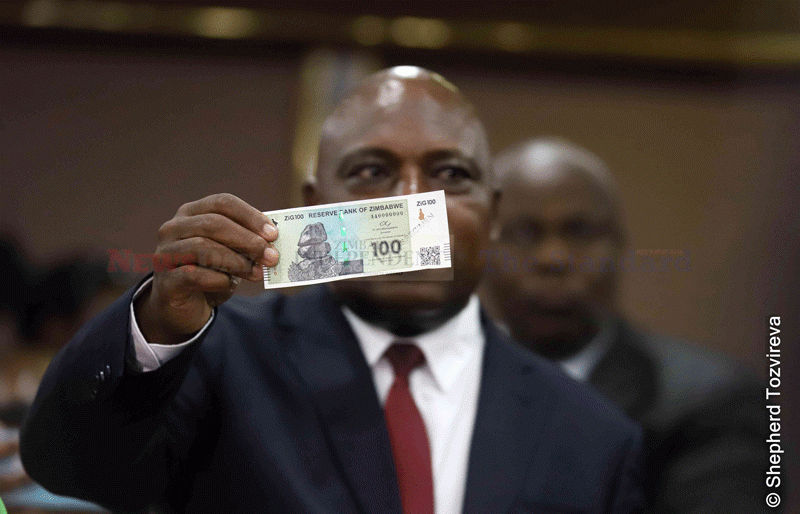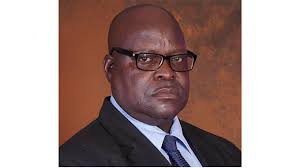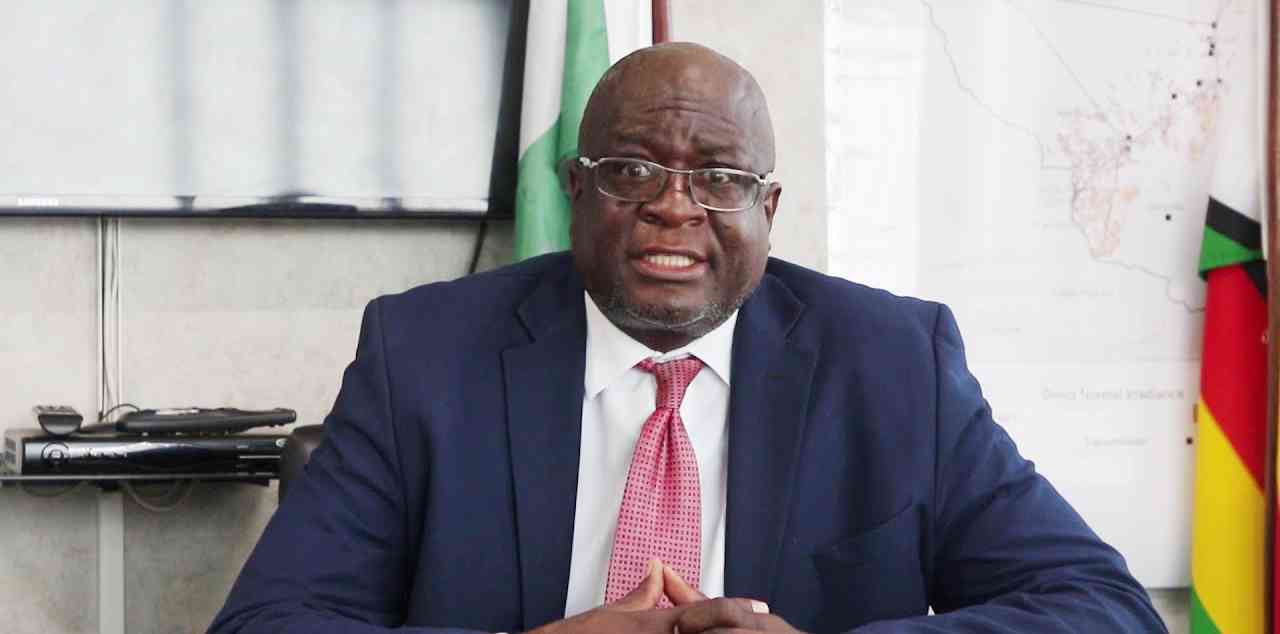
A BATTLE to control Telecel Zimbabwe escalated this week after Empowerment Corporation (EC), owners of the firm’s licence, pushed for the cancellation of the company’s operating licence and the ouster of two of its notable directors.
EC, an empowerment group controlled by President Robert Mugabe’s nephew, Leo, is pushing for the ouster of fugitive board chairperson James Makamba and his deputy, Jane Mutasa from its ranks.
Makamba and Mutasa, who has been acting chairperson after the former fled the country facing foreign currency externalisation charges, are to be replaced by Mugabe, Shephard Kapota and Moffat Marashwa, according to the “shareholders’ agreement and the articles of association of the company,” the investment vehicle said in a statement.
The latest development in EC lends credence to speculation that Mugabe has been eyeing control of the country’s second largest telecommunications company.
But other shareholders in Telecel say Mugabe failed to pay for Telecel shares after his cheques bounced on several occasions, a charge he does not deny.
EC’s ouster of Makamba and Mutasa from the board is widely seen as an attempt to pave way for the removal of Makamba and Mutasa from the Telecel board.
EC is a company wholly owned by the Zimbabwe Wealth Creation and Empowerment Council (ZWCEC) controlling 40% shareholding in the telecommunications company through a number of investment vehicles founded by various empowerment groups and private businesses.ZWCEC wrote to Transport and Communication minister Nicholas Goche requesting the cancellation of the licence issued 14 years ago, so that it would be reissued to the investment vehicle.
- Chamisa under fire over US$120K donation
- Mavhunga puts DeMbare into Chibuku quarterfinals
- Pension funds bet on Cabora Bassa oilfields
- Councils defy govt fire tender directive
Keep Reading
In a letter dated May 28 to, ZWCEC chairperson Silas Hungwe appealed to the ministry which administers the Posts and Telecommunications Regulations Act to cancel Telecel Zimbabwe’s licence.
“ZWCEC will then re-establish the current distorted joint venture between Telecel International and itself on 60% and 40% shareholding structure respectively as it was at inception,” Hungwe said.
“At present, ZWCEC holds 40% shares in Telecel Zimbabwe and Telecel International 60% because James Makamba sold to them 20% shares illegally which belonged to ZWCEC.”
Hungwe said the licence should be cancelled because the project had “failed to comply with formation objectives, that is, empowering the majority of Zimbabweans and is operating against the Government Indigenisation and Empowerment Act”.
The holding of an AGM had been resisted by Telecel, but in a letter addressed to the company secretary on Wednesday last week, Angeline Vere, Hungwe said that Empowerment Corporation was a “significant shareholder in Telecel Zimbabwe and thus has a right to call for the said meeting in terms of the Companies Act and to have it at Telecel Premises”.
Makamba and Mutasa could not be reached for comment on the latest developments at the time of going to press.Goche yesterday said he was yet to get Hungwe’s letter.
The EC said they wanted the AGM, among other issues, to discuss the de-specification of Makamba and the role he played when he was specified.It also wanted to “exercise its pre-emptive rights on the 60% shareholding “now” before another attempt to illegally sell them to a third party.”
This comes after Orascom, the holding company for Telecel International, attempted to sell the company to MTN. Had the deal been completed, the shareholding structure in the local telecommunication company would be restructured.
Empowerment Corporation is also demanding a further 11% stake from Telecel International to shore up its shareholding to around 51% as a way of regularising the shareholding structure in line with the Indigenisation and Economic Empowerment Regulations.
The shareholding structure of EC is a puzzle as current, past and potential shareholders claim that they still hold stakes in the investment vehicle which was awarded a licence.
It remains unclear whether shareholders were required to pay for the stake or not as some argue that it was a political licence which was acquired specifically to empower marginalised groups while others, have argued that they paid for the stake.
Mugabe confessed in an earlier interview with businessdigest that he did not pay for his shareholding arguing it “was not necessary to do so”.
At its inception, each of the following, Zimbabwe Farmers’ Union, Affirmative Action Group, Zimbabwe National Liberation War Veterans Association, Indigenous Business Women’s Organisation and Small Scale Miners Association of Zimbabwe, had a 9% stake and the Integrated Engineering Group, owned by Mugabe, owned 10%.
Makamba’s Kestrel Corporation owned 15%. Makamba and Mugabe’s companies were brought in as technical partners.But sources in EC say Zimbabwe Farmers’ Union, Affirmative Action Group, and Zimbabwe National Liberation War Veterans Association sold their shares to Makamba while Mugabe never paid a “cent.”
Leonard Makombe











